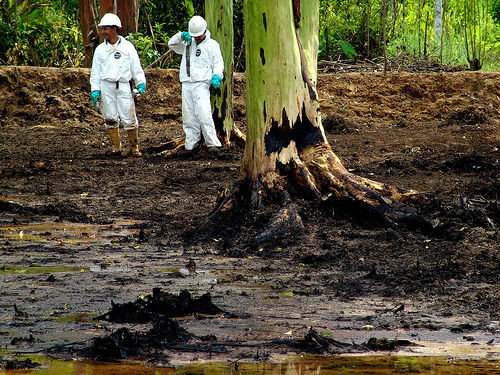 Elections in the city-state of Berlin on September 18 delivered another serious blow to the government of German Chancellor Angela Merkel, even as her party’s vote increased.
Elections in the city-state of Berlin on September 18 delivered another serious blow to the government of German Chancellor Angela Merkel, even as her party’s vote increased.
Merkel’s centre-right Christian Democratic Union (CDU) came in second place in the Berlin election, winning 23.4 percent of the vote – up from 21.3 in 2006.
The ruling centre-left Social Democrats (SPD) dropped slightly, from 30.6 to 28.6 percent, but will remain in government in Germany’s capital. SPD leader Klaus Wowereit – Germany’s first openly gay premier – is likely to replace his “red-red coalition” partners, the socialist Die Linke (“the Left”), with the more moderate Greens.
The Greens came third in the vote, winning 17.6 percent – a swing of 4.7 percent – while Die Linke slipped slightly from 13.4 to 11.7 percent.
During five years of coalition government, Die Linke has become implicated in the Berlin government’s antisocial policies and a 13 percent unemployment rate, damaging its social justice credentials.
The hotly contested question of whether – and under what conditions – Die Linke should enter into future coalitions will be debated in late October, when the party holds its national “Program Congress” in the city of Erfurt.
The surprise winner at this election was the Pirate Party, which took an astounding 8.9 percent of the vote, entering parliament for the first time with 15 seats.













